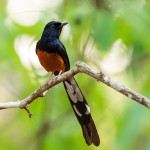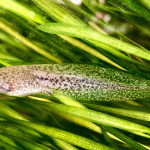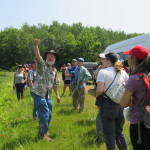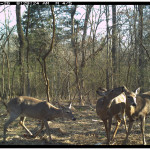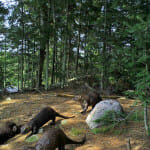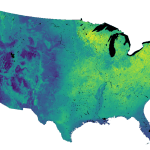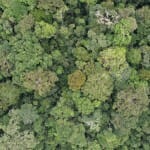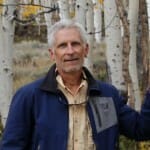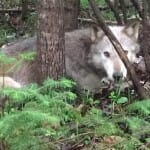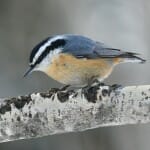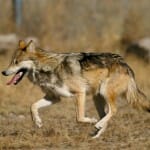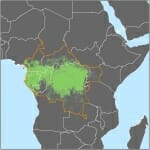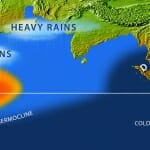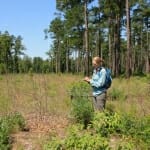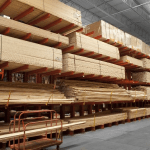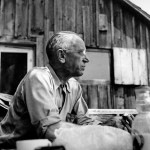Tag Forest and wildlife ecology
Why do birds make so many different sounds? A new UW–Madison study gets at the underlying factors
Ecological and evolutionary traits like body mass and beak size influence the vocalization frequency of bird species, such as the white-rumped shama (Copsychus… Read More
Summer field course centers the history, culture and experiences of Native students
This year, Lac Courte Oreilles Ojibwe University hosted LA 360: Indigenous Field-Based Learning for Land Stewardship, a weeklong summer field course that interweaves Native history and culture with science education. UW–Madison will host the course in 2024. Read More
Were U Wondering? The worms’ turn
In this episode of "Were U Wondering," Brad Herrick, an ecologist and research program manager at the UW–Madison Arboretum, explains why earthworms dig out of the soil when it rains, and you see them littering the sidewalks. Read More
Nationwide maps of bird species can help protect biodiversity
The high-resolution maps can help conservation managers focus their efforts where they are most likely to help birds — in individual counties or forests, rather than across whole states or regions. Read More
Nearby forest loss predicts future deforestation on protected lands
The research could help national governments and other agencies direct limited resources toward those areas at greatest risk of deforestation, which threatens biodiversity and releases large amounts of carbon dioxide into the atmosphere. Read More
UW grad combines research, tribal traditions in wolf relationship plan
Abi Fergus says understanding tribal citizens’ attitudes toward wolves helped her stay in touch with the human dimension of her research. Read More
Subscriptions to satellite alerts linked to decreased deforestation in Africa
Launched in 2016, the Global Land Analysis and Discovery system provides frequent, high-resolution alerts when it detects a drop in forest cover. Read More
Wood products mitigate less than 1 percent of global carbon emissions
"It's not just about lowering our emissions but pursuing strategies that might have storage potential, and harvested wood products are one of those options,” says researcher Craig Johnston. Read More
Heat kills invasive jumping worm cocoons, could help limit spread
New research is good news for ecologists and horticulturalists who are working to slow or stop the spread of the worms. But little remains known about the life cycle of these damaging invaders or how to stop them. Read More
Madison Reads Leopold returns to UW Arboretum March 1–3
Public figures and community readers will give voice to Aldo Leopold’s keen observations and eloquent philosophy as written in "A Sand County Almanac" and other works of the noted conservationist, a former UW–Madison faculty member. Read More

